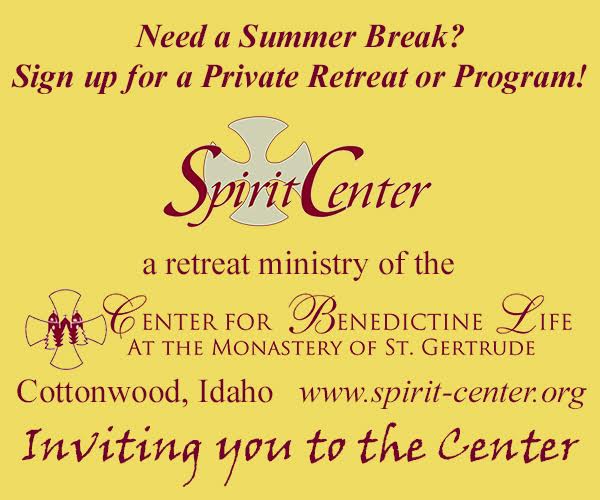By Luke Grayson
I recently attended a service at a church where they openly prayed for abusers and their healing but mentioned nothing of their victims. While I understand the sentiment and the need and desire to pray for everyone equally and offer everyone the same forgiveness, it left a very bad taste in my mouth. As someone who grew up in church and ran back after a few years away, I never quite grasped how the church as a whole could coddle those who take advantage of others, especially children. As someone with PTSD from years of abuse, it makes me cringe knowing that a church is more openly praying for abusers than their victims. As someone who has had a panic attack in the middle of Prayers of the People because of someone saying, “We pray for those who are not safe around children and that they grow to be safe around them” it makes me want to run and never step foot in a church again.
Most people going through therapy for any mental illness, especially PTSD, are asked to at least think about finding a church because a lot of people find comfort in it. Churches are supposed to be helpful for everyone, not just the “outcasts” and those who society openly looks down on. As someone who was directed to find a church as a means of healing and potentially moving past the anger and hatred toward God, I feel like more of an outcast in a church as a survivor than I do for any other reason.
The most common response that I and many other people with assault and abuse related PTSD get when someone learns about it or hears I’m having a harder time than normal is to say, “I’m praying for you” or ask, “Have you tried praying?” or worse yet a half-hearted, “I’m sorry you’re feeling this way.” Which again, I understand the sentiment, but it does absolutely nothing except make me roll my eyes and check a box next to your name in my head that says this person is no longer safe to talk to about this.
Odds are, there is at least one person in your congregation or your group of friends that has PTSD. If/when you learn about this person, don’t crowd them and don’t offer advice without asking if it’s OK first. Because honestly, if someone starts spouting advice at me I’m going to tune out and probably never talk to them past small talk again. If you want to be helpful, ask how you can help. It goes a lot further than you may think and it’s a lot less intimidating to the person you’re talking to.
As much as I want to plead to not pray for abusers aloud during a service, I won’t, because it’s likely that someone there needs to hear that. But I will say if you’re going to pray for abusers, pray for their victims as well. Because as much as an abuser can forget move on from what they’ve done, their victims will always have what happened to them in their mind.





